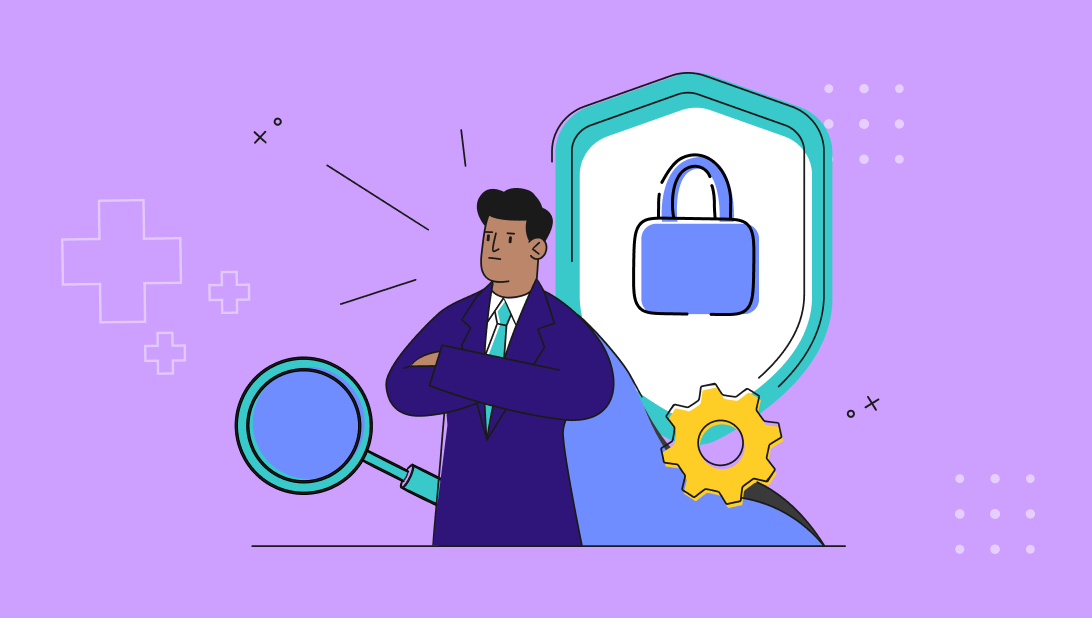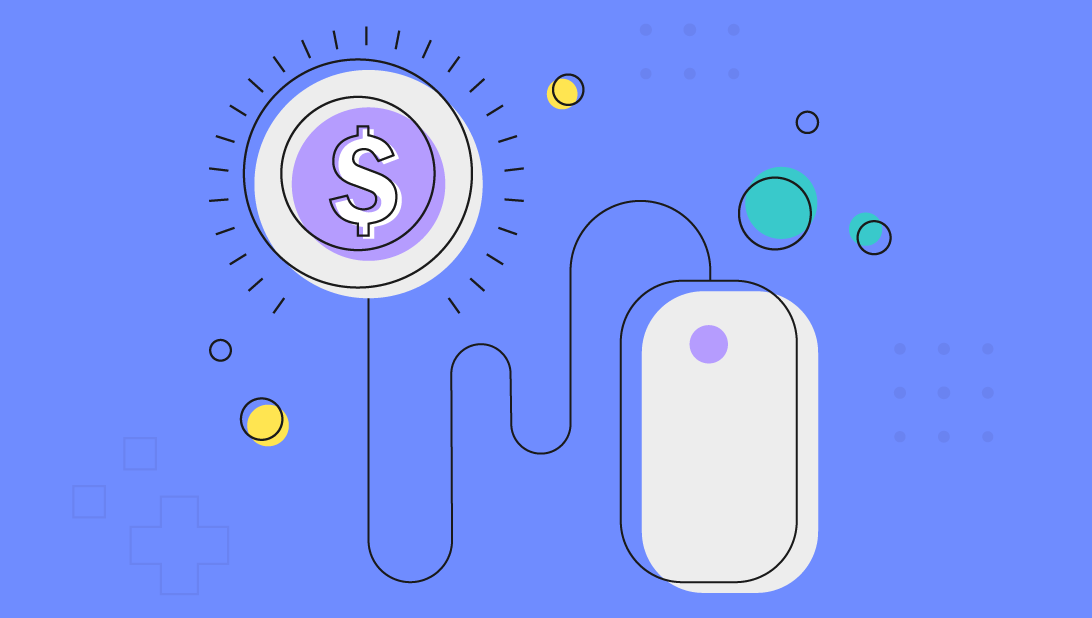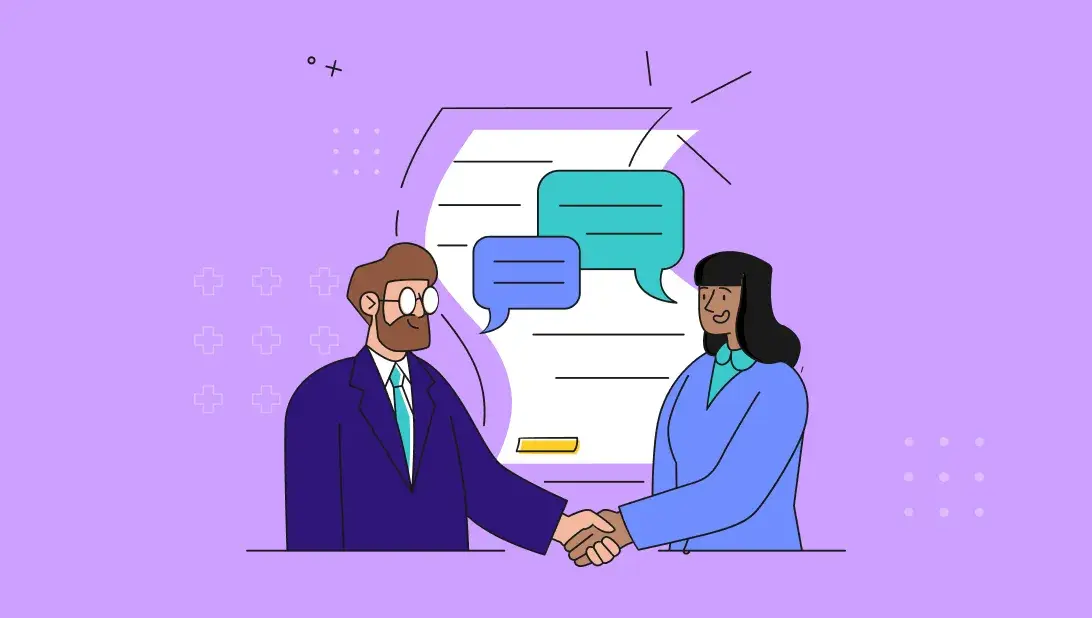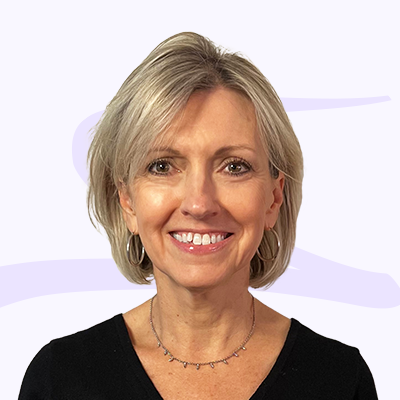
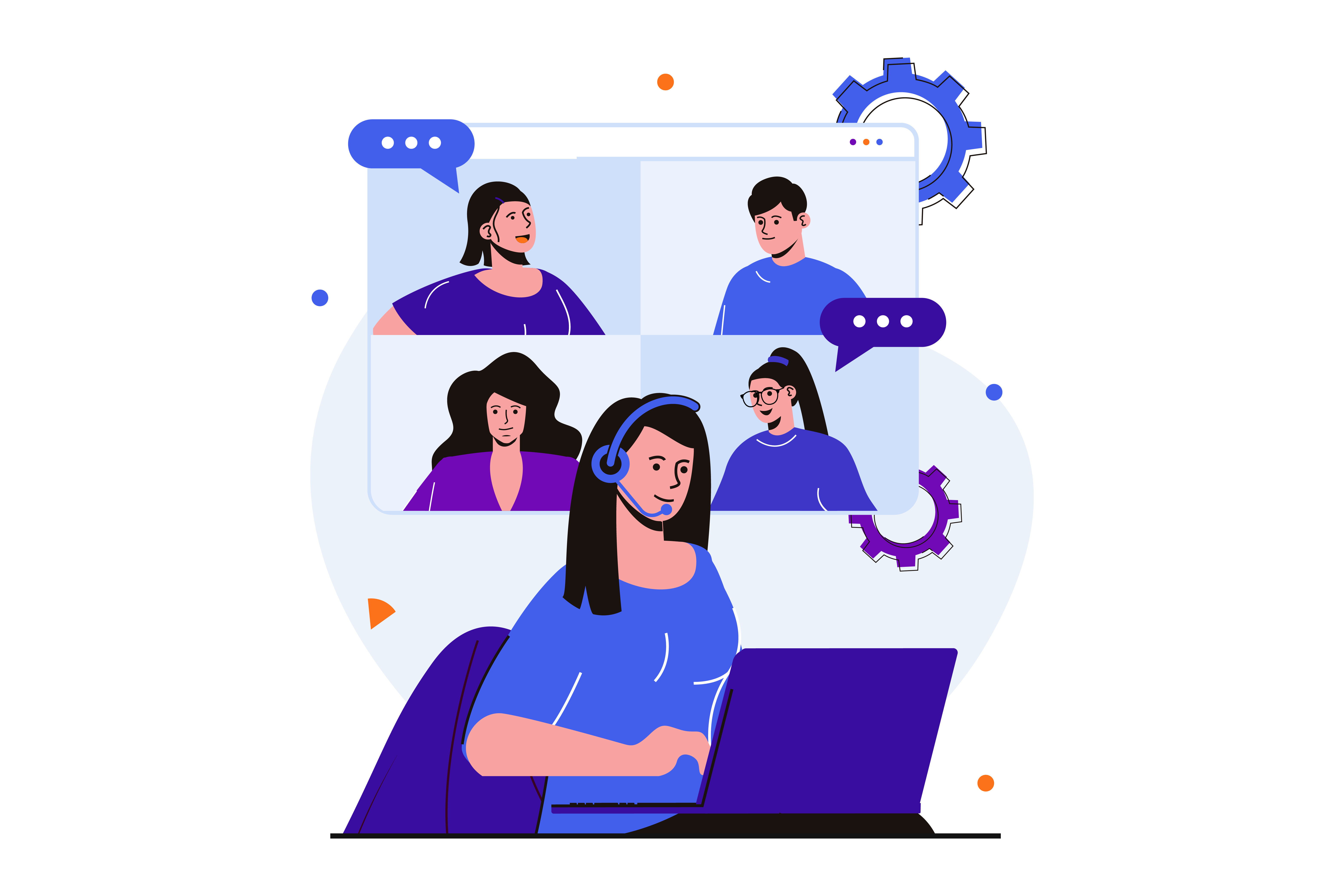


Conferences can be extremely valuable for all types of healthcare businesses — they bring together Health IT vendors and the broader healthcare ecosystem, including hospitals, large group practices, marketing and PR agencies, healthcare media, associations, and independent consultants. Not only are they great places to learn about current and future innovations in the field, but they’re also often well-attended by your ideal clients – some of whom may even be looking for the exact solution your company has to offer.
In other words, the stakes are high. But so are the rewards.
So how do you get the most out of your healthcare industry event? Here are a few things to know and a few common mistakes to avoid when marketing to healthcare professionals at a conference.
Even at a conference focused on a particular niche, several different subcategories or tracks will be available. Maximize your time by identifying the one that applies most closely to your business. Knowing which presentations and speakers to tune into beforehand can keep you from making a rushed decision and ensure you don’t miss any events that your customers may be attending. Plus, if you have several team members in attendance, it affords you time to assign each person to a different event, thus multiplying your business presence.
Information about conference tracks and presentations is often posted well in advance of the conference, though specific dates and times may not be available until right before. Some events provide an app to help you track and plan your time. Remember to look up vendor booths to see if potential customers will be set up at the conference and map out their location so you can be prepared to stop by if you don’t have a planned meeting in the books.
An insider tip? Be intentional about the events your company decides to invest in attending. Many health tech businesses find that HIMSS is a no-miss event.
We live in a world where most of us connect on social media every day, so it's a natural place to connect with people and organizations attending the same conference. In fact, healthcare industry conferences encourage this — they will create their own hashtag to be used by attendees for interacting with others and may begin hosting social meetups ahead of the conference. On networks like Twitter and LinkedIn, it’s easy to direct message people who use the hashtag.
Some conferences also publish a list of attendees and allow them to share their email address and social media handles. When connecting with people you don’t know, be sure to explain who you are and why you’re connecting.
At a healthcare IT marketing conference, most people meet exponentially more contacts than they would in a normal workday. This is especially true of people in high-profile roles or those who make purchasing decisions for large businesses.
When you meet dozens of new people every day, it’s easy for individual interactions to be forgotten. That’s why it’s important to stand out when you talk to people at a conference, and one of the best ways to do that is a strong (not canned) elevator pitch. An elevator pitch is a concise statement expressing who you are, what your company does, how you help people, and (sometimes) the kind of connections you’d like to make at the conference.
Take some time to practice and tweak your elevator speech before the conference so that you don’t have to refine it on the fly while in conversation. And if you’ve never put together an elevator pitch, here are plenty of great templates.
If you attend conferences regularly, you’ve probably seen the folks who sit in a corner, glued to their laptop, or walking around with their face buried in their smartphone. Whether you’re marketing to healthcare professionals or more interested in advancing your knowledge of the industry, engage with what’s happening around you because sometimes spontaneous meetings and interactions yield the most valuable connections.
As we mentioned, an average conference attendee will have a flood of interactions each day. If you want to stand out among all those conversations and meetings, you’ll need to follow up via email, social media, or a phone call. But just reaching out is not enough. When you do follow up, be sure to reference a thoughtful detail from the meeting you had. This helps to jog people’s memory and establish genuine interest and mutual goodwill. You’d be surprised how one personalized detail can make a big difference in the effectiveness of your follow-up. (This makes a good case for capturing a few quick notes immediately after each meeting!)
The B2B healthcare sales cycle is much longer than other industries. You’ll need a multi-step marketing funnel and a plan to nurture prospective clients. This is also true at a conference – the people you meet probably aren’t going to sign a contract with you during your first conversation. However, meeting a prospect and agreeing to follow up with them is a way to enter them into your funnel so you can start executing that nurturing plan. If you try to sell someone you meet immediately, it could make a bad impression.
Fortunately, the worst of the initial COVID-19 pandemic seems to be behind us now. But many people still avoid large in-person gatherings, particularly in healthcare fields that may include people with conditions that affect their immune system. Don’t overlook an event because it’s not focused on in-person gatherings. In fact, hybrid and virtual conferences are typically more focused on digital channels, so they can provide you a great opportunity to stand out.
Planning on getting a booth at an upcoming conference? Here are a few tips to get the most out of your exhibit:
Whether you sell healthcare software, SaaS, a health tech communication tool, or any other type of B2B product or service for health practices, attending conferences is a wise idea. Meeting prospects who are attending the same event in person (or virtually) forges a stronger connection, and many events can help you stay on the cutting edge of industry developments.
However, it’s important to have a plan going into a conference — doing the work in advance allows you to get the most out of the time and money you’re investing. A digital healthcare software agency can help you with the conference-planning lift and prepare your company to shine at your next event. With the right approach, you’ll leave your next conference with a stack of new contacts and potential leads for your company. If you’d like to learn more about the marketing services Spot On can help with, we’d love to talk.


Rebecca Graves co-founded Spot On in 2012. As a partner and leader of client services, she takes immense pride in being in charge of “client happiness.” The role allows her to wield her problem-solving skills while fostering big-picture perspectives and team building. Rebecca’s more than 35 years of experience have equipped her to translate strategic planning expertise for the advancement of tech companies transforming the healthcare, financial, and legal industries.
Get the latest and greatest posts sent straight to your inbox.
